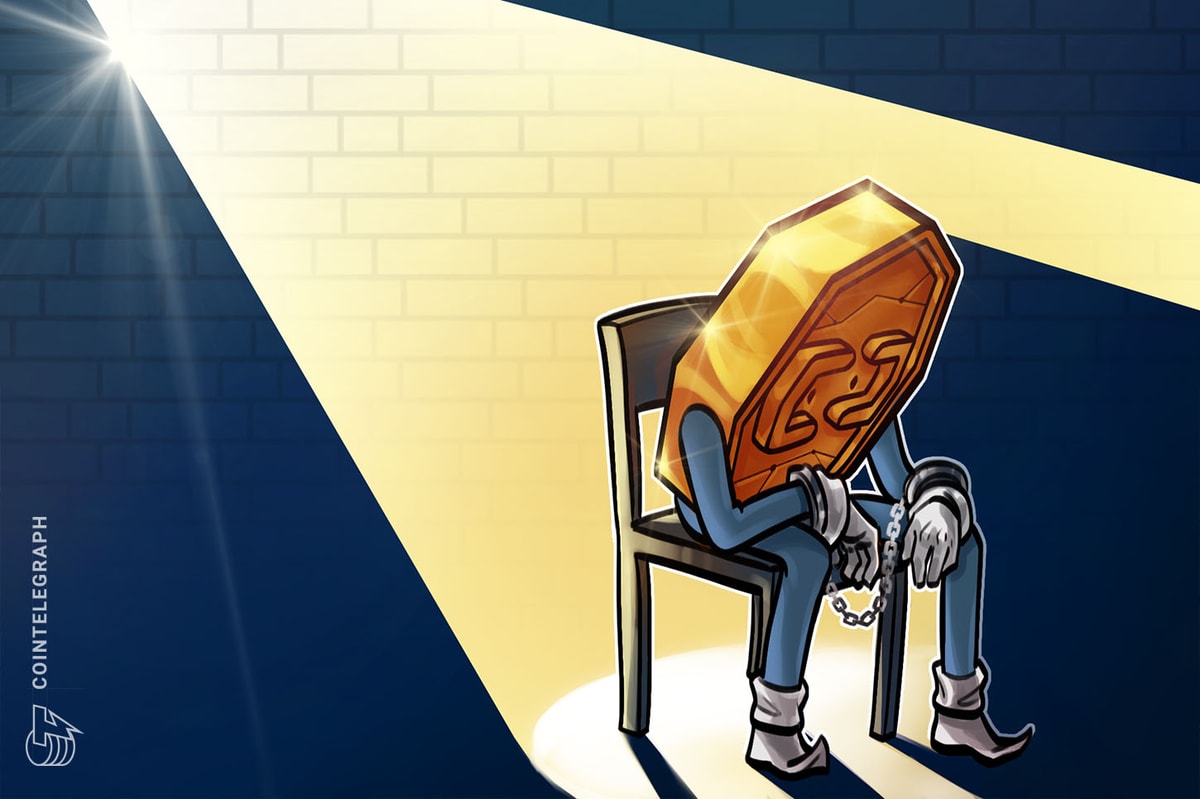Major hardware cryptocurrency wallet firm Trezor is responding to crypto’s usability problem with a dedicated onboarding service and a brand-new hardware wallet.
Trezor has officially announced the launch of Trezor Expert, a personalized one-on-one onboarding service.
The usability of self-custodial — or non-custodial — wallets is one of the most important pillars driving growth alongside other key elements like privacy and security.
Safe self-custody at the cost of trusted knowledge
Unlike a custodial crypto wallet, such as Coinbase Wallet, a non-custodial wallet requires the user to have a basic understanding of how Bitcoin self-custody works. In return, users gain the ability and the responsibility to be the sole holder of the private key or the actual access to Bitcoin (BTC). That is opposed to entrusting the key to another entity like Coinbase, which comes with its own benefits at the cost of not really owning the underlying asset.
With Trezor Expert, the hardware wallet firm aims to share its crypto knowledge as users begin their journey into crypto self-custody and ease their concerns about making errors. The Trezor Expert session costs $99 and can be purchased on the official Trezor website.

Following a brief beta launch, Trezor Expert officially launched on June 14, with Trezor CEO Matej Zak announcing it at the BTC Prague 2024 event in Czechia.
“Trezor Expert not only helps our customers to set up their hardware wallets correctly, it gives them the opportunity to explore the security considerations of self-custody in more detail as they cover topics such as private key management and safe online practices,” Zak said.
“We’ve been thinking about this specific service for the past three years. And only now we had, like, internal capacity and energy to do it,” Zak told Cointelegraph.
Each Trezor wallet serves a specific audience
The CEO also announced the public release of Trezor’s brand new hardware wallet, the Trezor Safe 5.
The new device comes with upgraded security features, such as more sophisticated hardware, such as an EAL 6+ certified secure element, as well as usability-focused features like a color touchscreen and a Trezor Touch haptic engine.
The new wallet also introduces a new recovery seed backup process that includes 20 words instead of the default standard 12 or 24 words in the seed phrase or the private key. The process offers a significant upgrade from a standard single-share backup to an advanced multi-share Shamir backup, which provides secure options to access the wallet in case of private key loss by distributing several private key shares.

Trezor Safe 5 joins the Trezor Safe product family, which has launched three different Trezor wallets since the company was founded in 2013. Those include the oldest version, the Trezor Model One, the Trezor Model T and the Trezor Safe 3. According to Zak, each of the Trezor wallets serves specific needs and targets different users, and they are all intact products.
Related: Bitcoin is the only decentralized currency, Tether CEO says
According to the CEO, Trezor Safe 5 is the hardware wallet for crypto users looking for the “highest level of security and effortless usability” and is the “ultimate hardware wallet for crypto users looking for everyday utility.” The Trezor Safe 5 is available for preorder immediately at a retail price of $169.
In addition, Trezor also introduced a new Bitcoin-only option that removes non-Bitcoin features and code. From now on, Trezor will offer an unlimited edition of the Bitcoin-only Trezor Safe 3 and Trezor Safe 5 wallets for general sale.
Zak told Cointelegraph that a Bitcoin-only Trezor wallet has no security-related differences with an altcoin-supported Trezor. “The security is the same because we really make sure all the devices are extremely secure. I think the only difference might be that Bitcoin maximalists don’t want to see other crap on their wallets,” he stated.
Magazine: ‘Bitcoin Layer 2s’ aren’t really L2s at all: Here’s why that matters










